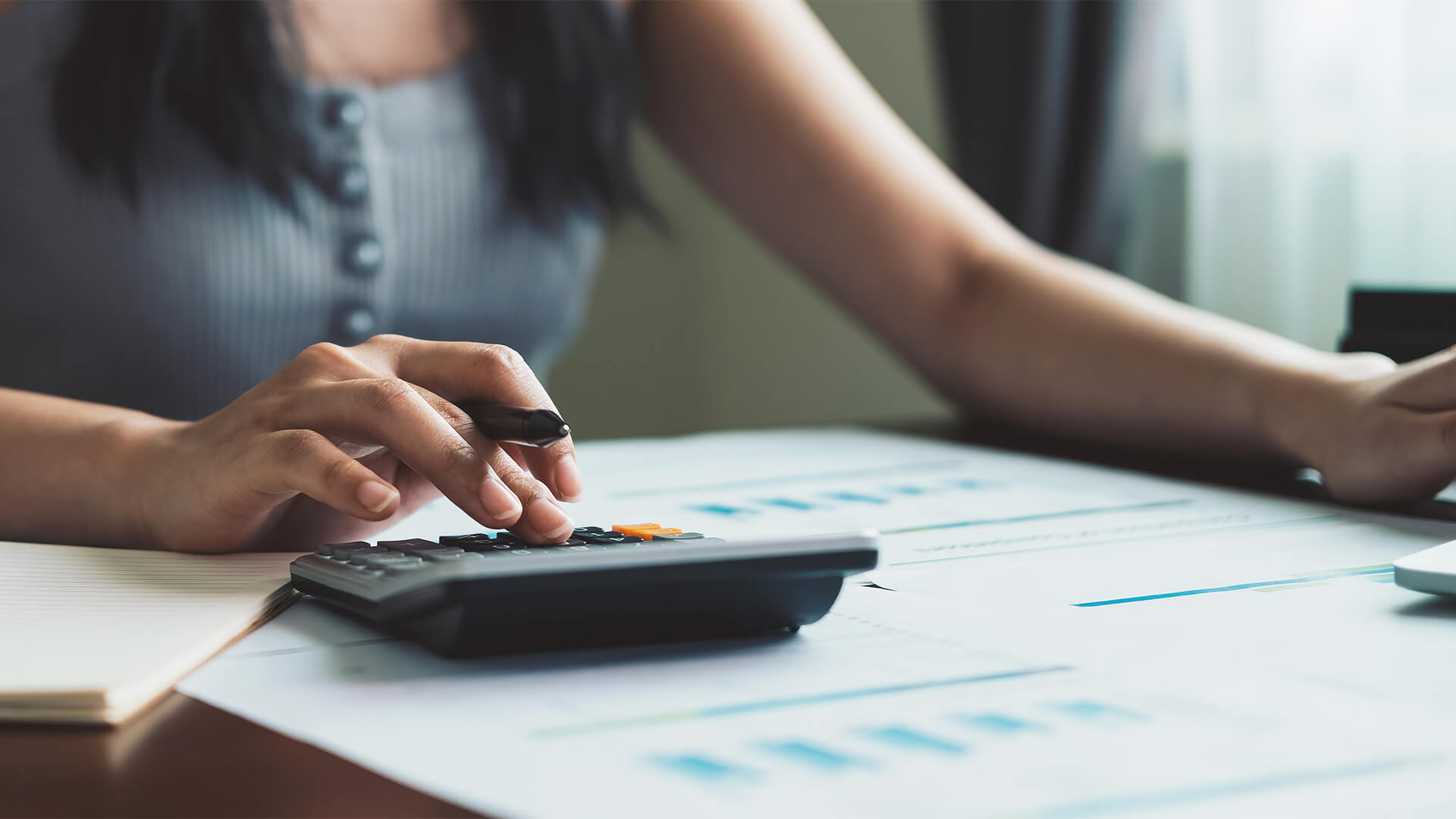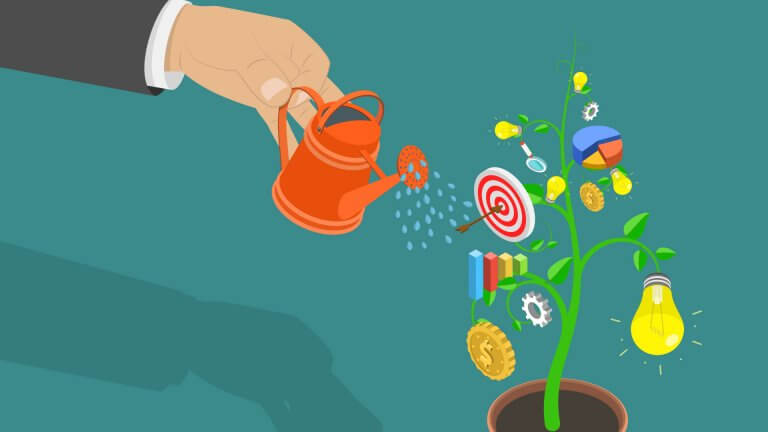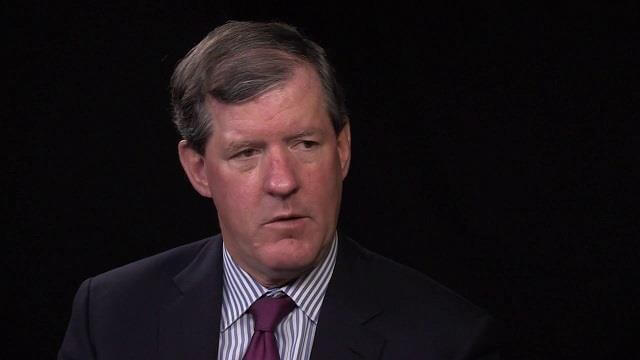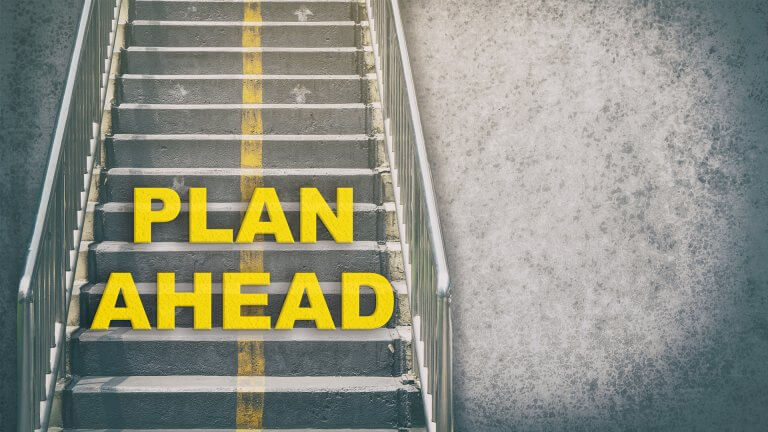
Even if you think that your salary is not that low, you might routinely discover that for some reason, you have underestimated your monthly spending. Although you are not the only one, it doesn’t mean that you shouldn’t put plenty of effort to ensure that you have some savings that could be much needed when something unexpected happens.
It might be easier said than done, but it doesn’t mean that you are fighting a losing battle. In a moment, we’ll explain how to manage your finances more effectively so that you can live a more stress-free life. It will require a fair bit of self-discipline, but it’s worth the effort.
Pay off Your Debts
Once you have determined how much you spend on each category and have set up a budget plan that makes sense for you, make sure that you stick to it and don’t deviate from it unless necessary. If there are expenses that seem unreasonable or unnecessary, try to cut down on them and see how much money could save over time.
If there are any debts that need paying off urgently, then pay them off as soon as possible before they take over your life completely. If the amount you owe is too much for you to repay on your own, you can always consider getting a personal loan, such as the one offered by societyone.com.au. On top of that, consolidating several loans into a single one can help you pay off your debt faster.
Track Your Spending
In order to determine your spending habits and see where your money goes, we recommend that you track each and every expense you make. If you are going to use a budgeting app, it will be recorded and calculated automatically. A paper-based system will require more manual work on your part. If you want to be more organized, don’t forget to include recurring expenses such as electricity/water bills, insurance premiums, etc., in your monthly plan.
Make a List of Your Expenses
Once you have determined how much you spend on average monthly, you can start making a list of all the things you spend money on. If you are not tracking your expenses, you might have overlooked some of them, while others might appear to be unreasonable. For example, it doesn’t really make sense for a 25-year-old person to spend $800 on groceries every month. This might just be the case if they live with their parents and have a very generous allowance, but it’s unlikely that they earn that much money on their own. Another example is clothing. Let’s say that you spent $500 on clothes last month. If you make $2,000 per month, then this might be a bit excessive.
There are also expenses that you might need to cut down, even if they seem like a necessity. For example, if you spend $100 on coffee every month, it might be time for you to reconsider your priorities or at least reconsider how much coffee you drink every day. Although this is somewhat subjective, we can give you an example of an excellent way to do it. For instance, if you want to cut down on coffee, try to reduce the amount of money you spend on this commodity by a dollar or two each month. Once you have done that for a couple of months, you should be able to stop buying coffee completely. This way, you will slowly start getting used to your new lifestyle, and in the meantime, you will save quite a bit of money.
Make a Budget Plan
Once you have determined how much you spend on each category, it’s time to create a budget plan. First of all, we recommend that you try to stick with the same categories as before, but if there are some items that you feel can be moved from one category to another, then go ahead and do it. The second thing that you should do is to look for opportunities where you can cut down on spending without significantly reducing your quality of life.
For example, if you have decided that you don’t need a car because public transportation is sufficient, then think about how much money you would be able to save by not purchasing one. If you are thinking about cutting down on your phone bill, think about how much money you can save by switching to a cheaper provider or changing your plan. This way, it will be much easier for you to stick with your budget plan.
Conclusion
You don’t have to be an economics expert to know how to manage your finances effectively. Still, it’s a valuable skill everyone should have! After all, you never know what will happen in the future, and if you spend your money in an unreasonable way, you may be in trouble.
If you want to develop good spending habits, you can start with baby steps. Determining what you spend your money on is a great starting point, and you can use various budgeting tools to help you with that. Ultimately, you can think about establishing an emergency fund and increasing your savings.
























